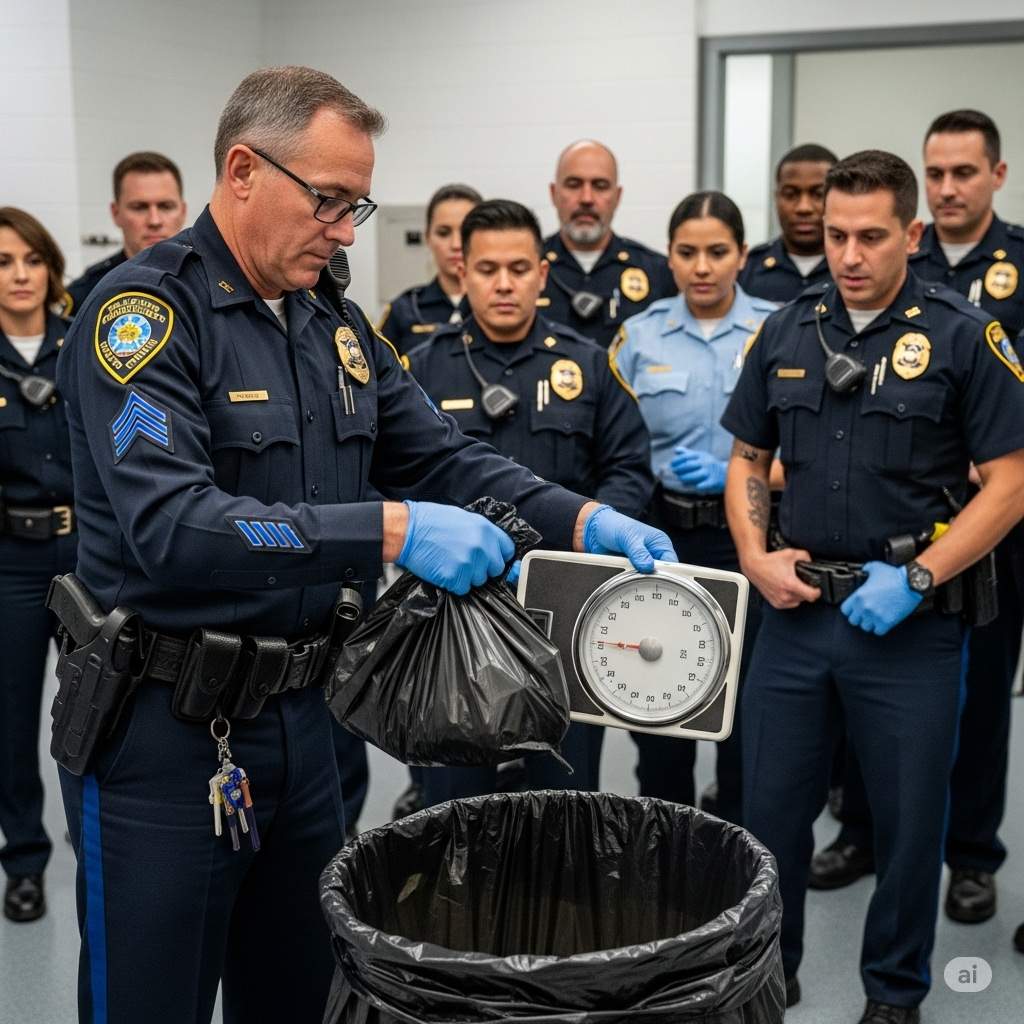Possession of Stolen Goods. What If I Did Not Know the Goods Were Stolen?

Being in possession of goods that one knows are in fact stolen, or that one believes probably have been stolen is a form of theft. Criminal defense lawyers in Baltimore like Attorney Eric T. Kirk MD know often argue that even if possession is shown, the requisite intent to deprive the true owner is not present.
If the State cannot prove that the defendant knew the goods were stolen, the defense may obtain an acquittal.
How To: Can the State Prove Defendant Knew the Goods Were Stolen
The Challenge: Proving a State of Mind
In criminal law, the charge of “receiving stolen property” often requires the prosecution to demonstrate- the elements beyond a reasonable doubt- that the defendant received, possessed, or controlled property which was in fact stolen knew the property was stolen at the time they possessed it. The first two elements can often straightforward; a store’s inventory records can prove an item was stolen, and the item being found in the defendant’s car or home can prove possession. The third element, knowledge, is the most difficult for Baltimore prosecutors to prove. A prosecutor cannot get inside the defendant’s head. Direct evidence of knowledge, such as a recorded confession or a text message from the thief saying, “Here is the stolen jewelry I told you about,” is exceptionally rare. Consequently, prosecutors must rely almost exclusively on circumstantial evidence. Their goal is to present a collection of facts and circumstances so powerful that the only reasonable conclusion a Baltimore jury can draw is that this defendant must have known the goods were stolen.
- How to Build a Case with Circumstantial Evidence
A prosecutor can weave together various “red flags”, glairing inconsistencies, or unexplained questions, to demonstrate this knowledge. GWhile one flag might not be enough, a combination of them can create a convincing argument. Some have called this a “staking of inferences” approach. Perhaps the most common types of evidence supporting this theory include:
- Grossly Inadequate Purchase Price:
This is the most classic piece of evidence. If a brand-new, $1,200 laptop is sold for $100, that massive discount can a powerful indicator that the transaction was not legitimate. A reasonable person would likely question why someone would sell an item for a fraction of its value. A Baltimore prosecutor would no doubt argue that the defendant chose to accept the deal rather than ask the obvious, necessary questions. Some have called this “willful blindness”.
- The Nature of the Seller and Transaction:
Where and from whom the defendant acquired the goods is critical. A prosecutor may highlight the difference between buying from a reputable, licensed Baltimore area retailer, versus buying from a stranger out of the trunk of a car in a dimly lit parking lot. Transactions conducted in cash, at odd hours, or in secretive locations all suggest the defendant knew the deal was illicit.
- Condition of the Property:
The physical state of the goods can be very telling. For example, if a person is found with ten new designer jackets, but all of them have the security tags still attached or the store’s tags cut out, this strongly implies they weren’t acquired through a legitimate purchase. Similarly, items with scratched-off or altered serial numbers are a major red flag that the possessor knew of their stolen origin.
Baltimore Defense Lawyer Tip: Indeed altering identifying information can be a separate crime. - Defendant’s Conduct and Statements:
People who know they are caught in a crime often behave in telling ways. Perhaps the defendant gives conflicting or demonstrably false explanations for how they obtained the property, a prosecutor will use this to argue that defendant is engaging in mendacity. Evasiveness, nervousness, or hiding the items when police arrive can also be presented to a jury as evidence of a guilty mind.
Baltimore Defense Lawyer Tip: A criminal defendant in a Baltimore criminal prosecution does not have to take the stand. - Willful Blindness:
In many jurisdictions, the law allows for a conviction if the prosecutor can prove “willful blindness” or “conscious avoidance.” This legal doctrine holds that a defendant cannot escape liability by intentionally burying their head in the sand. If the circumstances were so suspicious that a reasonable person would have known the goods were stolen, the defendant’s deliberate failure to make any inquiry is legally equivalent to having actual knowledge. The prosecutor argues that the defendant didn’t want to know the truth because they were benefiting from the crime.
Some particular provisions regarding the appropriate level of knowledge apply to merchants and those in the business of buying and selling goods. The law permits an inference that the merchant knows the goods have been stolen where that merchant has been in possession of goods stolen from more than one person in the last year. Where a merchant in goods of the kind stolen buys those goods at far less than market value, the requisite knowledge that those goods were stolen can be established also. These standards do not necessarily apply to one that is not a merchant. However, if an enterprising prosecutor is able to introduce evidence that an individual has previously possessed stolen goods, this could be persuasive evidence, and likely highly prejudicial evidence, or knowledge on the occasion in question.
I offer a no-cost conference to anyone accused of a crime. During this strategy session we will evaluate the evidence, assess the strength of the State’s case, and develop the most effective defenses and explore mitigation. If you stand accused, contact me today. 410 591 2935.



